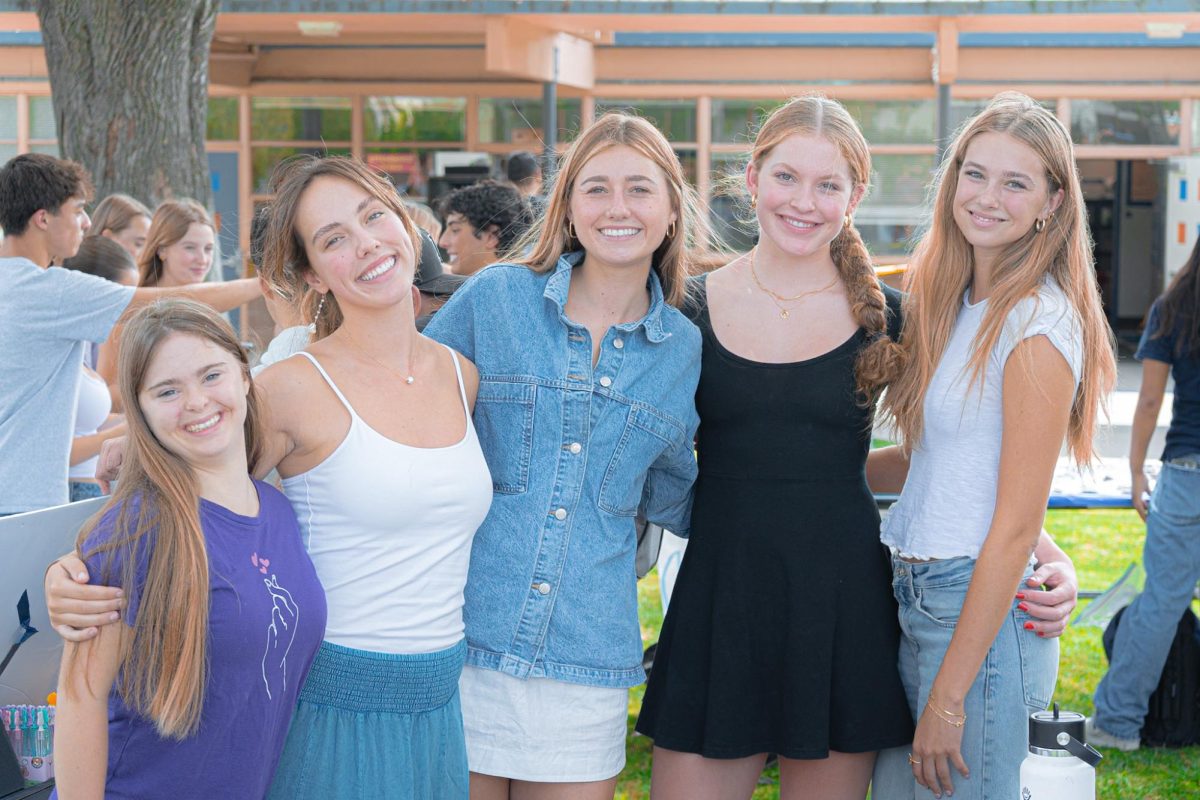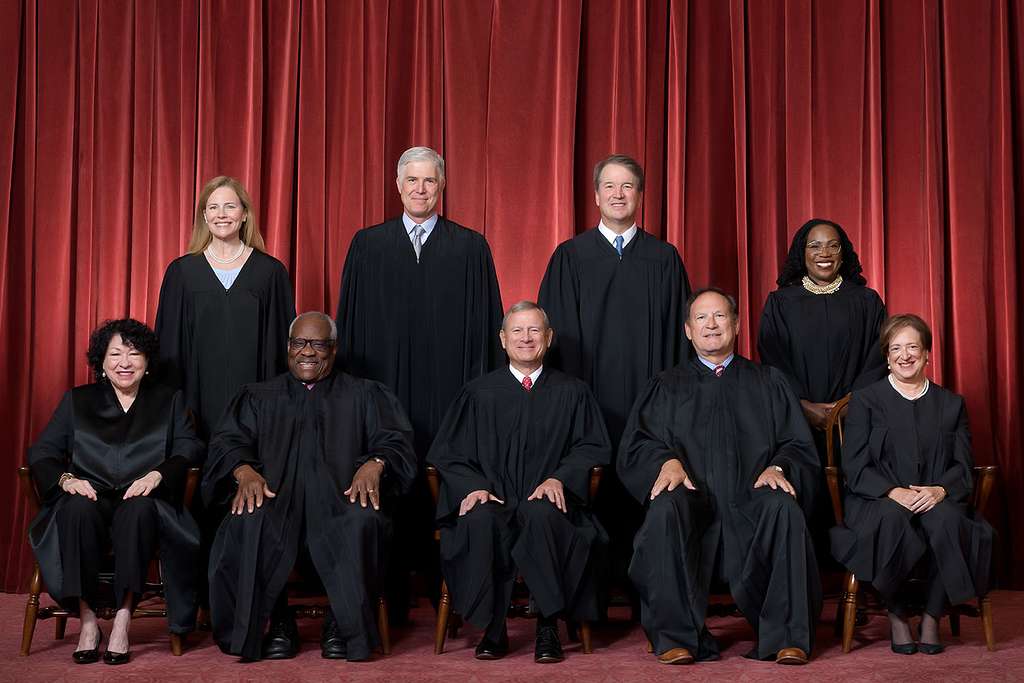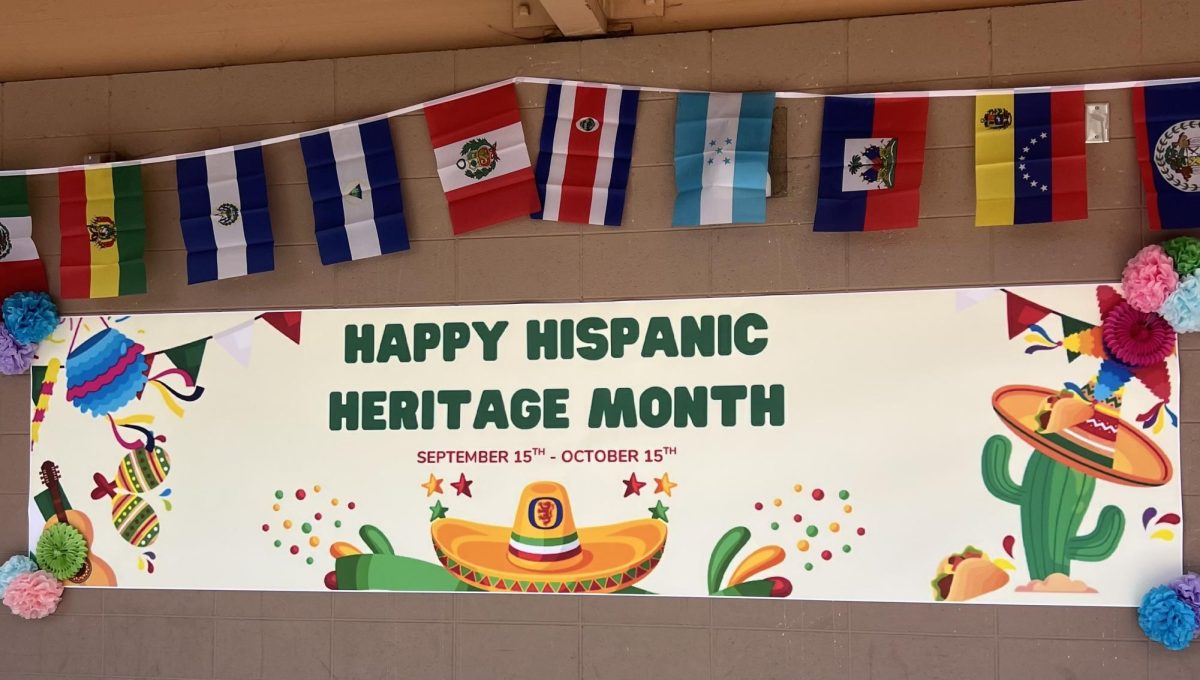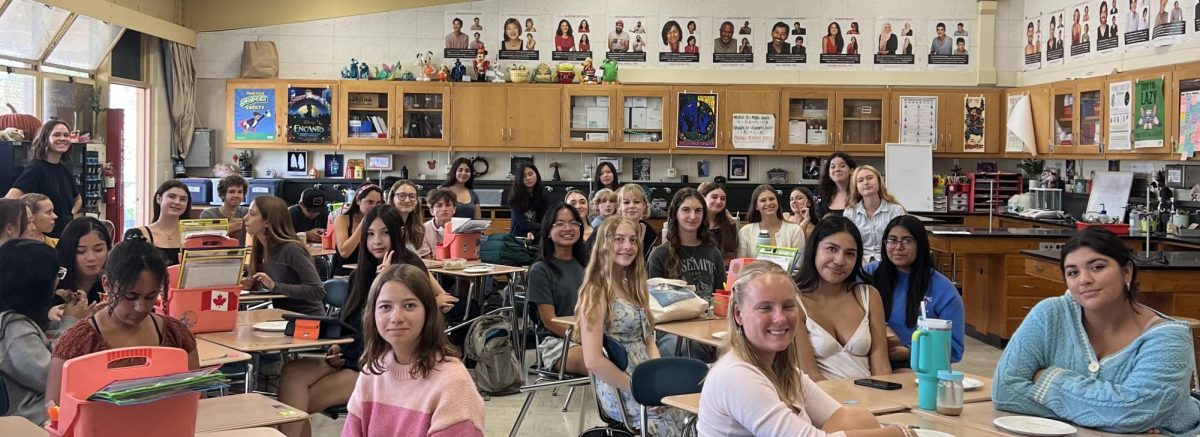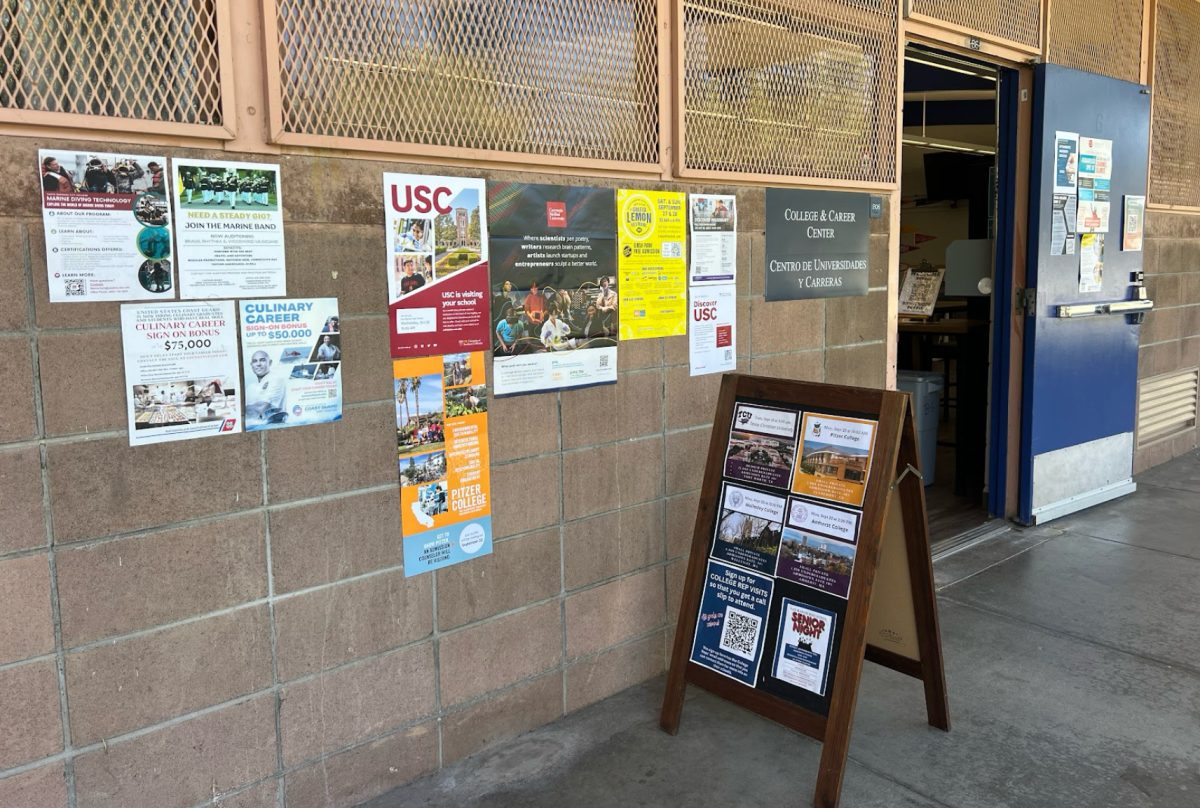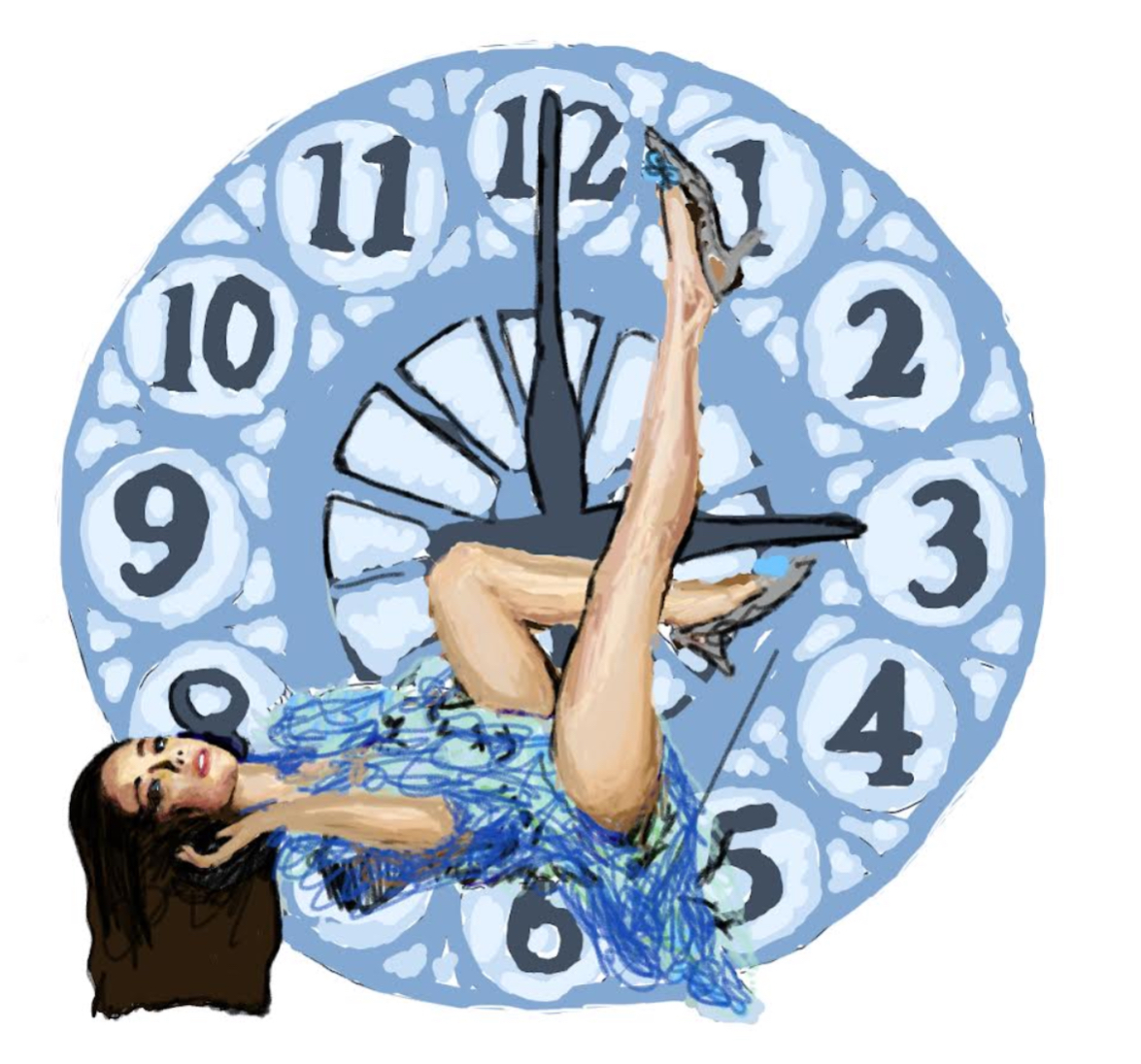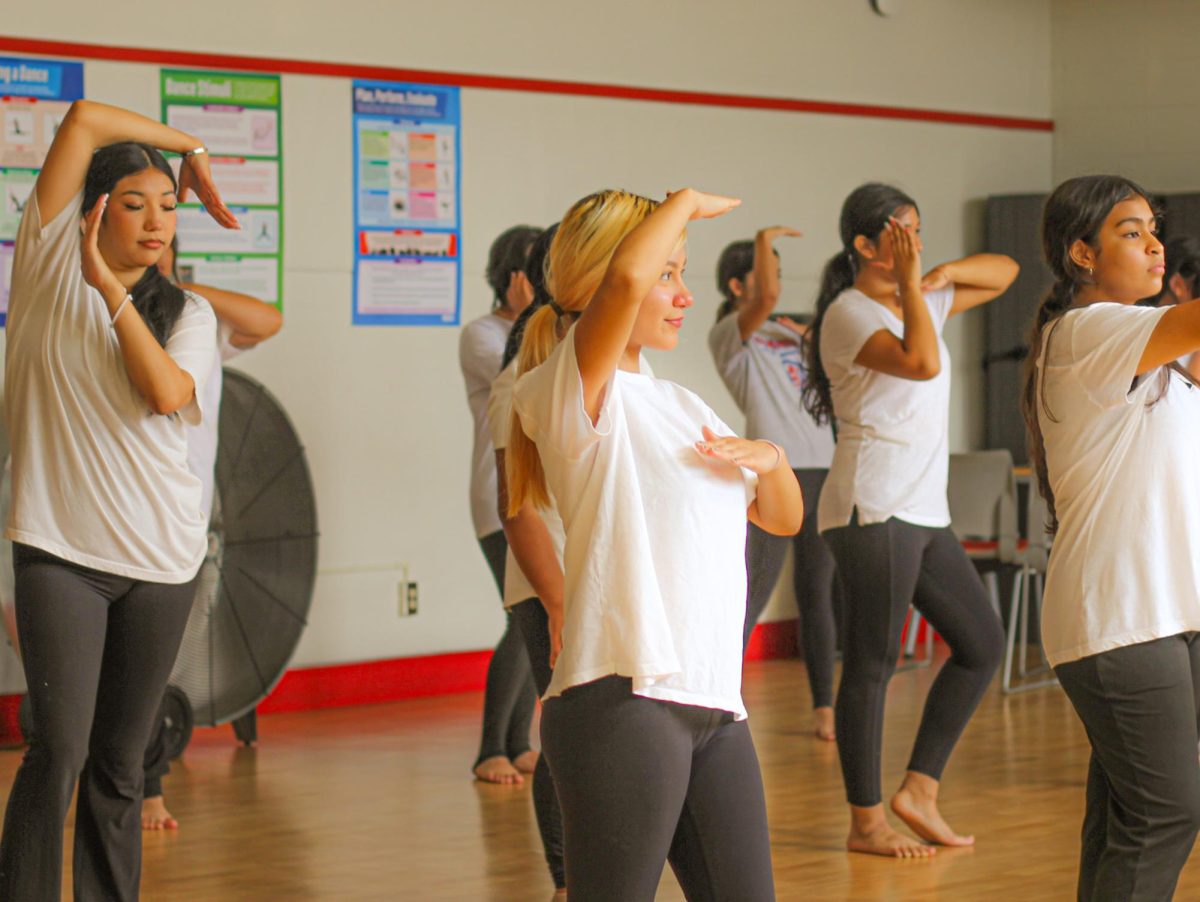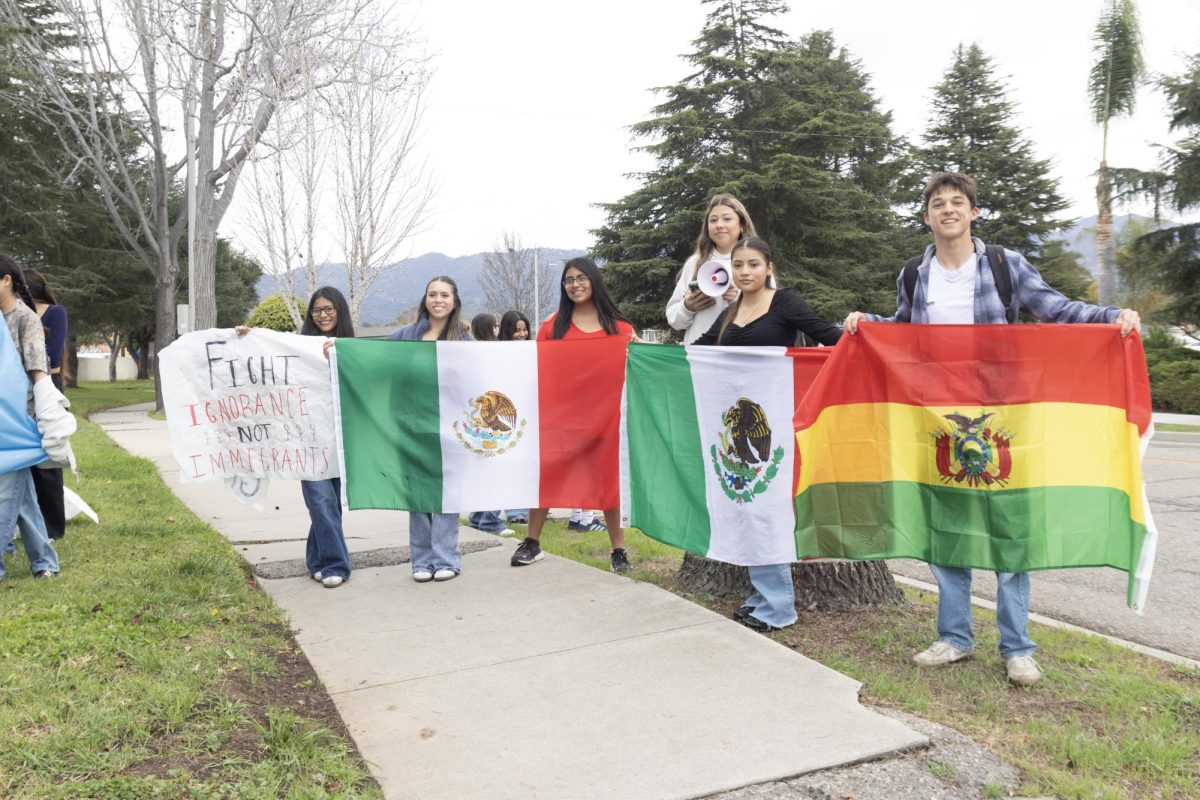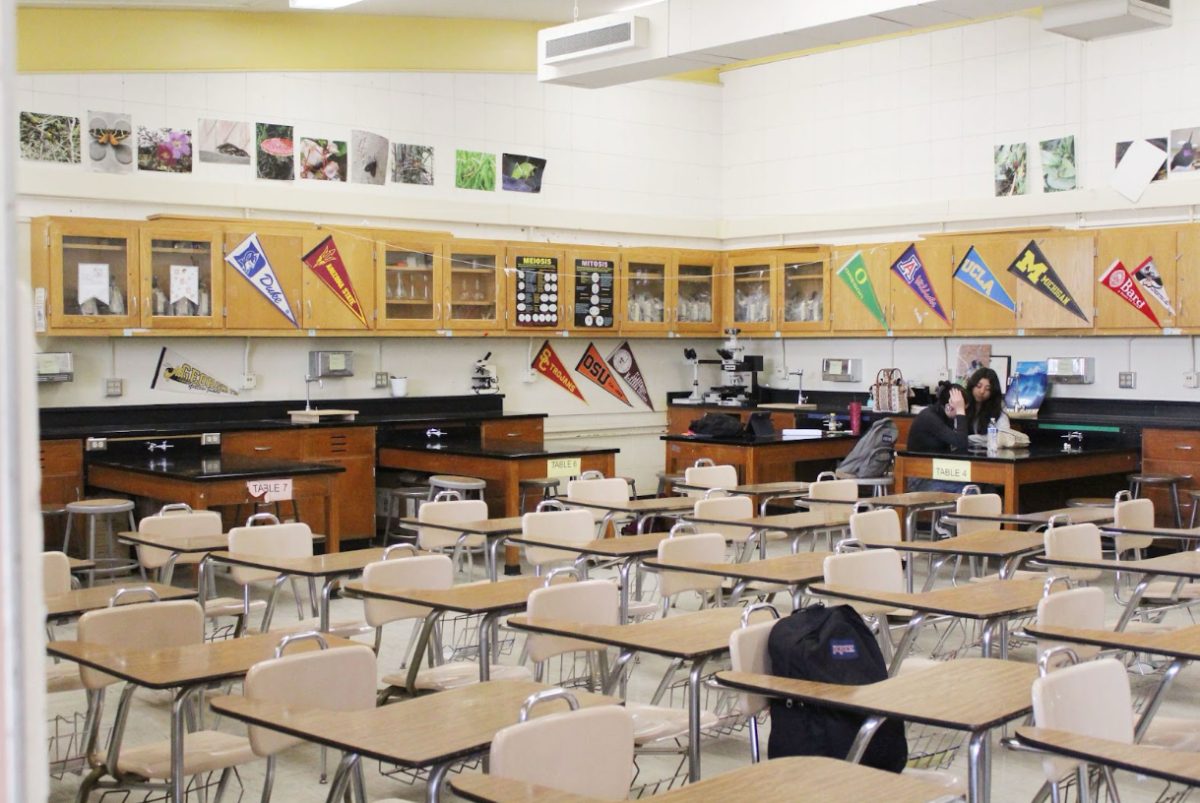Just as Hispanic Heritage Month comes to a close, it seems as if the internet has erupted with controversy over trends that have been deemed by many to be culturally insensitive to the latino community. With “cowboy caviar”, “spa water”, “brownie glazed lips” and even “Mexican Week” on The Great British Baking Show, these trends have reinforced negative stereotypes, rebranded cultural dishes as “new”, and have overall caused outrage.
While cultural appropriation is nothing new to the internet, the most recent series of culturally insensitive trends began with “cowboy caviar”. This dip recipe, first shared on TikTok by influencer Bria Lemirande, quickly became popular on the internet. Soon after, people began to point out the resemblance between “cowboy caviar” and traditional latin dishes such as pico de gallo and ceviche. As a result, Bria Lemirande began to face backlash for cultural appropriation, as some believed that she was profiting off of a recipe that was not hers to take credit for. She soon made an apology video in which she stated that she never claimed to have created the recipe, and only wanted to share a recipe she loved with others. After her apology was posted, people were quick to defend her, saying that the hate was unwarranted.
I believe that the hate she received was unnecessary, as it was clear that she never intended to offend anyone, but some of the frustration was justified. There is nothing wrong with sharing a recipe you love online, and people should be free to do that. The main cause for outrage was the fact that there is a long history of Latin dishes being disrespected and made fun of online, so it was frustrating to see a dish like cowboy caviar becoming so popular on the internet as soon as a white person was the one to share it.
A similar situation happened when influencer Gracie Norton posted a video sharing her recipe for a drink she called “spa water”. She promoted “spa water” as a healthy fruit-infused drink with antioxidants and other beneficial ingredients. The trend soon spread as other creators began to make the drink, but people were quick to notice similarities between “spa water” and agua frescas, which are traditional sweet drinks popular in Mexico and other latin countries. Gracie Norton faced criticism, as people believed she was white-washing agua frescas by naming it “spa water” and advertising it as a new recipe while agua frescas have been popular in latin cultures for centuries. In this situation it was clear that Gracie had no malicious intent, but it is still important to recognize the origins of the drink. Rebranding it as “spa water” erases the drink’s cultural significance. Once again, it was also frustrating to see a white creator gain internet popularity for “creating” the drink, while the many latino creators who have shared agua frescas on the app before received little to no recognition.

Image courtesy of Channel 4
The last instance of these TikTok trends was Hailey Bieber’s “glazed brownie lip”. To promote a new release from her makeup brand Rhode, Hailey Bieber posted a video on TikTok sharing her “go-to fall lip combination” featuring a dark lip liner and lip gloss. She called this look “glazed brownie lips”. The trend quickly caught on, and once again, people began to notice that the “glazed brownie lip” was similar to lip combinations that black and latina women have been wearing for decades. Sometimes referred to as the “chola lip”, such makeup styles have historically been called “ghetto” or “trashy” when worn by women of color. However, as soon as a white woman wears it, it is considered new and trendy.
The problem with these trends is not with people making these foods or wearing these lip combinations. Anyone can make these dishes and wear whatever makeup they want. In fact, food in particular is a large and important part of latin culture, and it is something that is meant to be shared and enjoyed by all. Fusion of different cultures through food can also be a way to show cultural appreciation, when done right. The real problem with these trends is that they rebrand dishes that have been cultural staples for centuries. It can be especially disheartening to see these things become trends when white creators popularize them, considering that these makeup styles and foods have been ridiculed when worn or shared by people of color. While none of the content creators who started these trends deserve cancellation or hate, it is simply important to recognize the cultural roots of these trends.
“Culture appreciation is important, but when a white person is following an already created trend and rebranding to be valid when white people wear it, when it has been looked down upon when worn by Hispanics, that’s where the issue starts,” said junior Viviana Galindo.
The last, most recent, and most blatantly offensive of these incidents was “Mexican Week” on the Great British Baking Show. Great British Baking Show is a competitive baking show in which contestants are challenged to bake different foods and are then judged and eliminated until there is a winner. In the newest episode, the show featured “Mexican Week” in which contestants were challenged to replicate Mexican recipes including tacos, pan dulce and tres leches cake. This episode could have been an excellent opportunity to share Mexican cuisine and culture with the contestants as well as with the wide audience of people who watch the show. However, it was executed very poorly, as the episode featured numerous racial stereotypes, culturally insensitive jokes, and an overall lack of research when it came to the food.
The episode began with show hosts Noel Fielding and Matt Lucas discussing whether or not it would be appropriate to make “mexican jokes”, while wearing costume sombreros and serapes. Later on in the episode, the hosts were seen shaking maracas and jokingly asking each other if Mexico is even a real place. The cooking aspect of the show was also disappointing, with complete mispronunciation of terms such as “pico de gallo” and “guacamole”, and even stereotype-inspired “fiesta” and “mustache” themed cakes. It also seemed as though both the judges and the contestants came into the episode with little knowledge on Mexican cuisine, and viewers were quick to call out the unauthentic recipes.
Overall, the episode missed the mark. Mexican cuisine is so much more than just tacos and tequila, and Mexican culture is more than sombreros and maracas. This episode clearly failed to represent the diversity and beauty of Mexican culture, instead reducing it to overused stereotypes.
With these recent controversies, some people have been arguing that attention on the trends have taken away from attention on other issues affecting the latino community. For example, reported anti-hispanic or latino hate crimes increased 29% from 152 in 2020 to 197 in 2021 according to the California Department of Justice, and latinos are nearly three times less likely to have health care coverage than whites in the U.S.. While it is definitely important that these instances of cultural insensitivity be condemned, it is also important to keep yourself informed on issues that have an immediate impact on latinos, and to support movements to address those issues.

